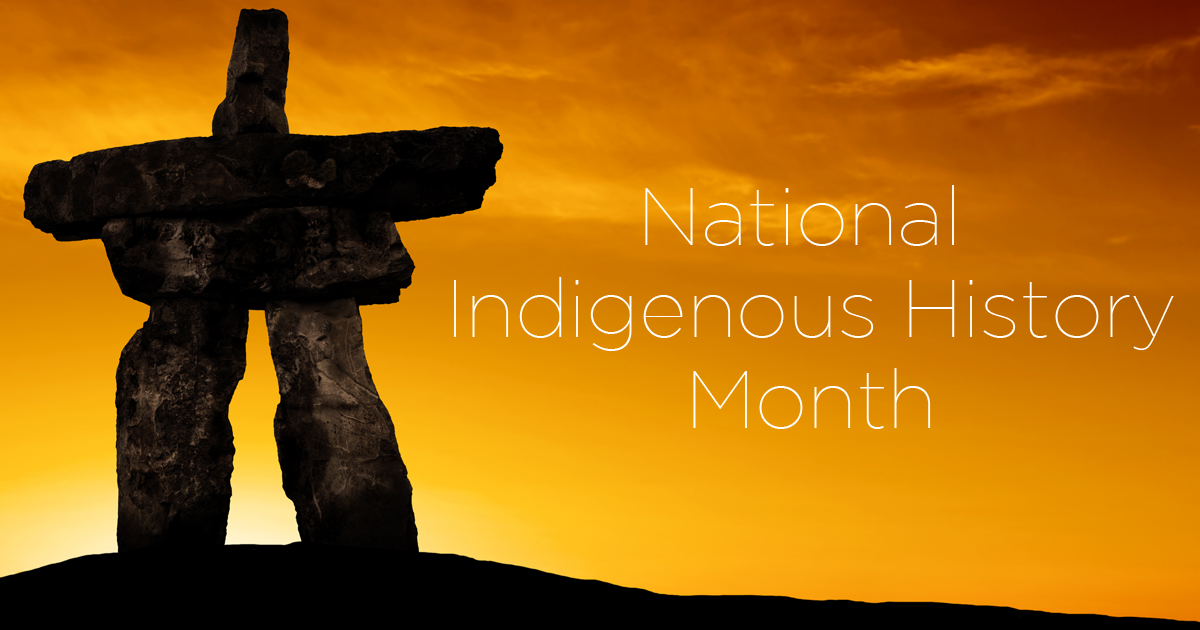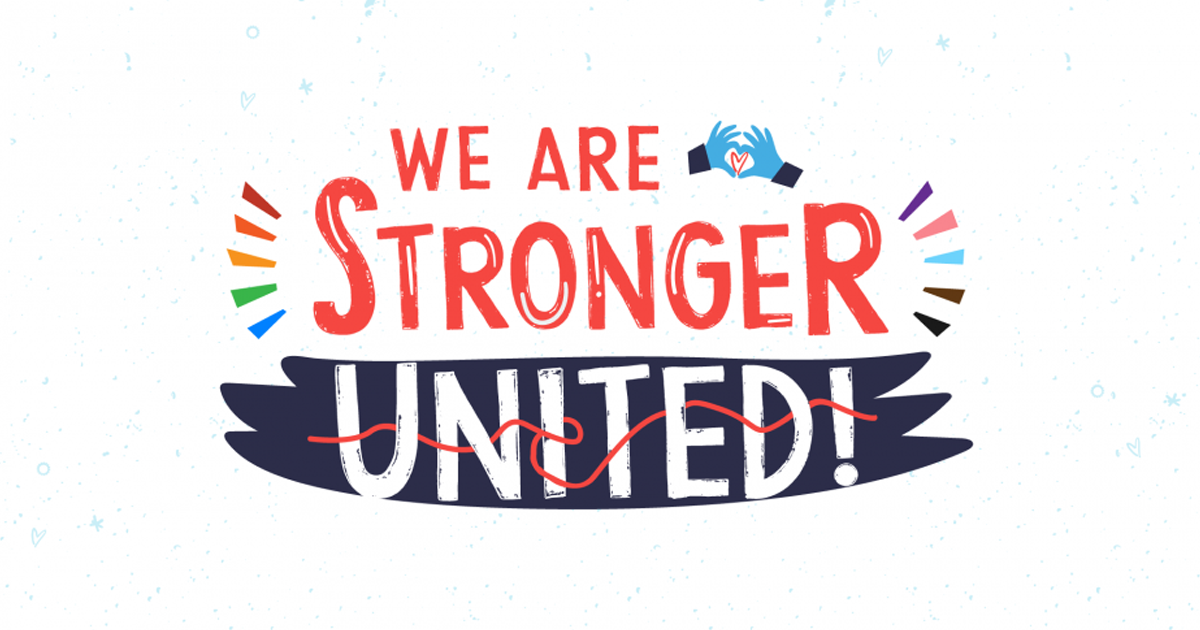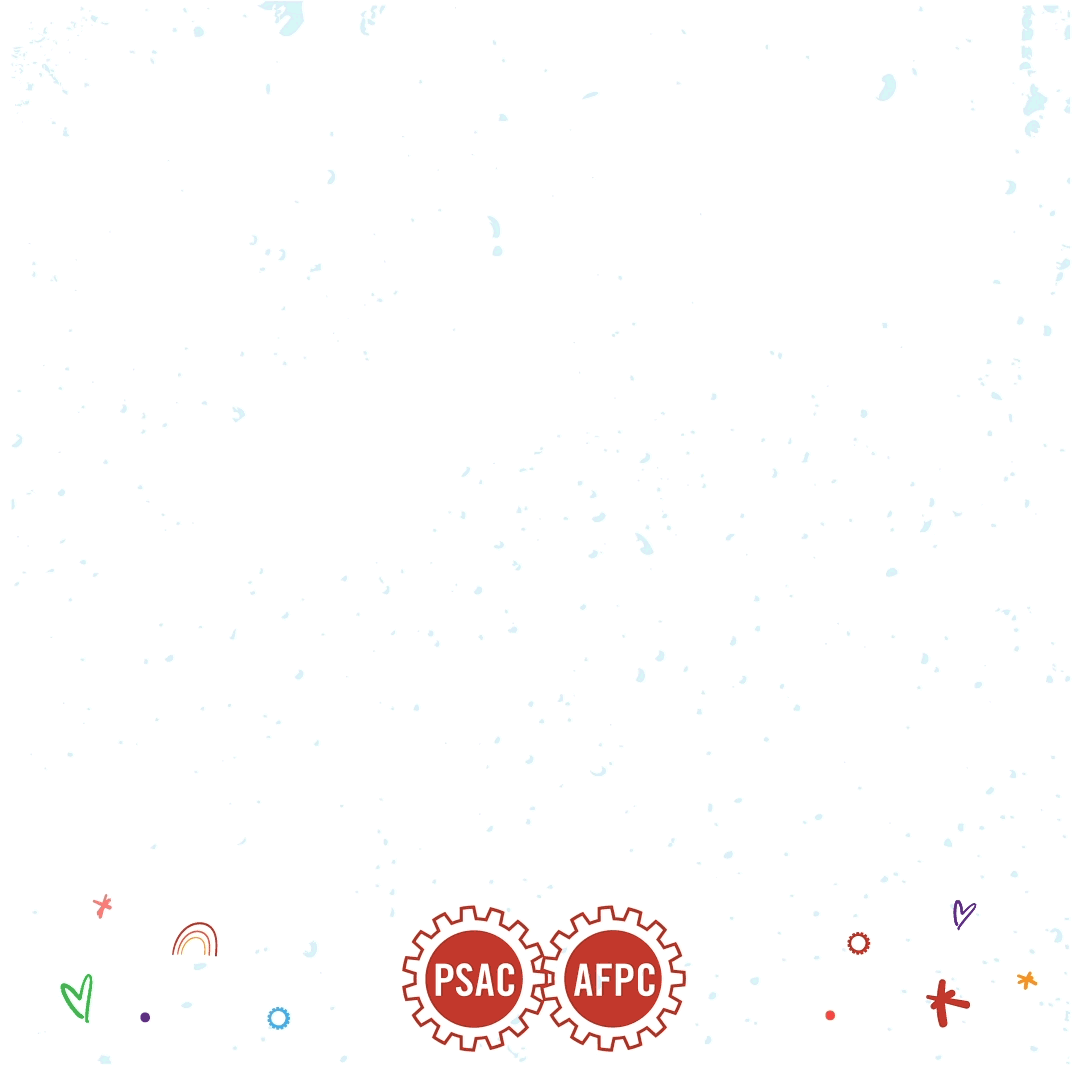Lois Ross, President, Local 70400

For close to four years, I have worked part-time as the Community Relations Coordinator for Amethyst Women’s Addiction Centre, a feminist collective, that is unionized with PSAC and UNE, which is a component of PSAC, under Local 70040.
I also work part-time as a freelance writer and editor and belong the Canadian Freelance Union.
In some ways my work has changed a lot since the announcement of the shutdown, and in others not so much. As a freelancer, I am accustomed to working remotely. These days my home office is getting much more use though, since I am also using it to work remotely for Amethyst. Much of my work revolves around communications and publications of one sort or another, including web, social media, etc. It is a busy time now, as everyone strives to accomplish online, what was once done in person.
But that’s enough about my work…. what I really want to tell you about is how Amethyst, a small independent non-profit health agency, is punching above its weight.
Amethyst Women’s Addiction Centre was founded more than 40 years ago by a group of concerned women who understood that women’s experience of substance use and addiction stemmed from a different place than that experienced by men. Those who founded Amethyst knew that many women needed a place where they felt safe, in an environment they could trust. And so Amethyst was born.
Amethyst’s years of longevity are testimony to its resilience with a small half dozen staff and a volunteer board of directors. COVID-19 is showing once again Amethyst’s agility and dedication to its clients and to providing free counselling services to as many women as possible.
As of mid-March, Amethyst like many other organizations, has been working over-time to rearrange the way in which we engage with our clients and our community. Amethyst has managed to remain open — virtually. Not easy for a small agency with limited resources to do.
Because the work of counsellors is confidential there are many new processes that had to be put in place in order to ensure our clients receive remote counselling sessions (by phone and online) that are supportive and secure. Amethyst is adapting to the reality of COVID-19 and for the last few weeks has been offering remote counselling sessions, by phone and online.
Amethyst has secured a confidential online platform as well as private telephone lines. Working remotely meant that our small team of IT contractors were kept busy bringing counsellors up to speed on how to locate files in the ‘Cloud’, and how to engage on a ‘zoom-like’ online platform, but one that we believe is more secure. We also had to quickly engage with current clients and reach them by telephone when possible, email, via our website, or Facebook, to let them know that our offices were physically closed, but that Amethyst was working remotely to provide much-needed counselling support.
There have been and continue to be many practical and ethical challenges.
While things were shutting down quickly, Amethyst staff ramped up at what felt like lightning speed to begin working remotely and offer support to our clients.
Transitioning from in-person counselling services to virtual is particularly difficult when counselling those who suffer from trauma. Amethyst clients are already dealing with marginalization and isolation in many cases, and now, because of the pandemic, they are only able to connect with counsellors virtually — and from self-isolation.
The pandemic has triggered additional difficult reactions and fears from clients because of requirements to isolate even further. Providing effective counselling services is all about human connection — so counselling remotely demands new ways of reaching out, new ‘tools’ and increased efforts to provide meaningful and effective support. Some aspects of counselling are just not possible virtually. That said, all of us at Amethyst are learning how to stretch our support virtually in ways that we had not anticipated.
For example, Amethyst has a wait list of clients, clients who were supported through in-person group sessions while waiting for individual counselling. Those group sessions are not physically possible right now. Will they even be possible virtually? Time will tell. Amethyst is working to see if online group sessions are a ‘thing’.
And what of clients who do not have access to the technology — to the smart phones, computers, internet, or data plans required to receive remote counselling sessions. How many of these clients are falling through the cracks? Access to technology is not equal in our society — and so working remotely is not a one-size fits all. That is a huge gap that we will need to consider going forward.
So, there is much that is new for us working at Amethyst, no matter what our responsibilities might be. Our administrator is doing an amazing job trying to prepare year-end financials and having books audited virtually. It takes much longer to scan, and email, and review questions because the auditor cannot visit Amethyst to go through files.
And then there is the impact on staff working both remotely and with technology constantly. There are few breaks from the computer, as counsellors undertake their sessions online or on the phone. Meetings are held via Zoom or Teams and always online. Eyestrain, repetitive motions on the keyboard, and constantly being at a desk, can even take a toll on those who are accustomed to working remotely, and even more so on those who are accustomed to providing face-to-face counselling sessions. But that is the work we do for our clients.
So, while we endeavor to work remotely, Amethyst staff, like so many others working in the health sector, have personal concerns generated by COVID-19 and its impact on the health of their family, elderly parents, close personal friends, and co-workers. The pandemic is affecting us all as workers, but also as individuals.
We check-in, try to share and support each other during online staff meetings. We know, that while things could be better, they could also be far worse, and that we still have much to be grateful for. We are working, we have a job, and we have the benefits that come with being unionized (and a feminist collective!).
We will get through this. Our clients are depending on us. We are depending on each other.






 lived realities of the LGBTQ2+ communities matter!
lived realities of the LGBTQ2+ communities matter!



